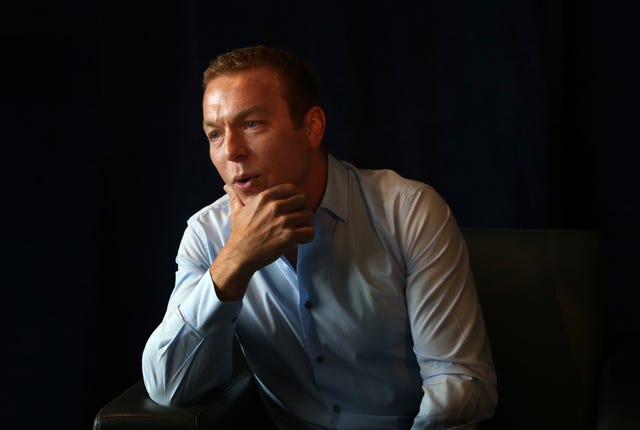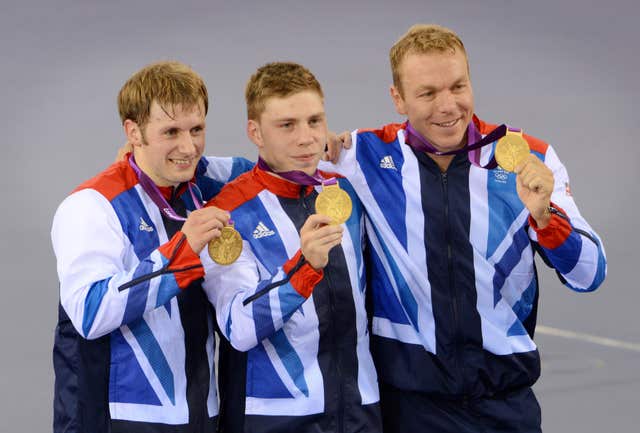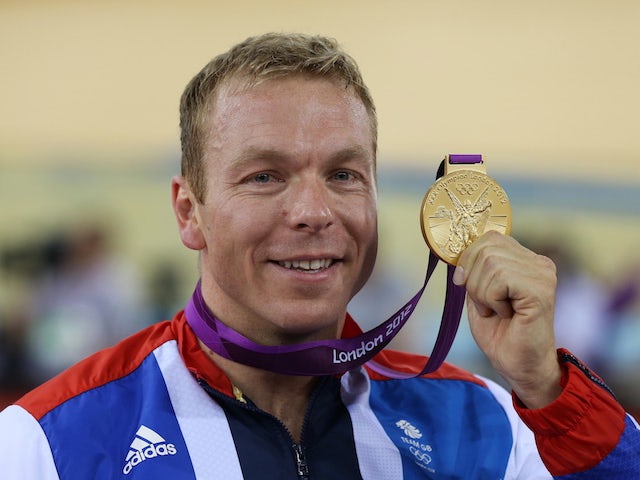On this day in 2013, Sir Chris Hoy announced his retirement from cycling as Britain's most successful Olympian.
Hoy, 37 at the time, had held open the possibility of staying on to compete in the Commonwealth Games in Glasgow at the velodrome which bears his name, but concluded he could no longer compete at the highest level having battled injuries in the build-up to the 2012 London Games.
"I wanted to get a medal for Scotland," said Hoy at the time. "I didn't think I could so wanted someone else to take my place."

Hoy, who also won 11 world titles across his career, was at the forefront of British cycling's rise to prominence at the Olympics.
The silver medal he took alongside Jason Queally and Craig MacLean in Sydney was a breakthrough moment, as was the gold medal Queally took in the kilo at the same Games.
Hoy's own first Olympic gold medal came in the kilo in Athens in 2004, but by the time Beijing rolled around, the Scot helped Britain top the medal table inside the velodrome.
There he dominated, adding three gold medals by winning the keirin, team sprint and individual sprint.

His preparations towards London were affected by a number of issues. A major crash at the Copenhagen World Cup in early 2009 left him with a hip injury, he broke a rib in weight training, while the immediate build-up was hampered by a back problem.
But Hoy would overcome those ailments to deliver on the biggest stage once again. By winning the team sprint and keirin in London, Hoy moved past Sir Steve Redgrave's record of five Olympic golds.
He now shares the record with former team-mate Jason Kenny, who reached six in Rio de Janeiro in 2016 and is targeting more in Tokyo.







